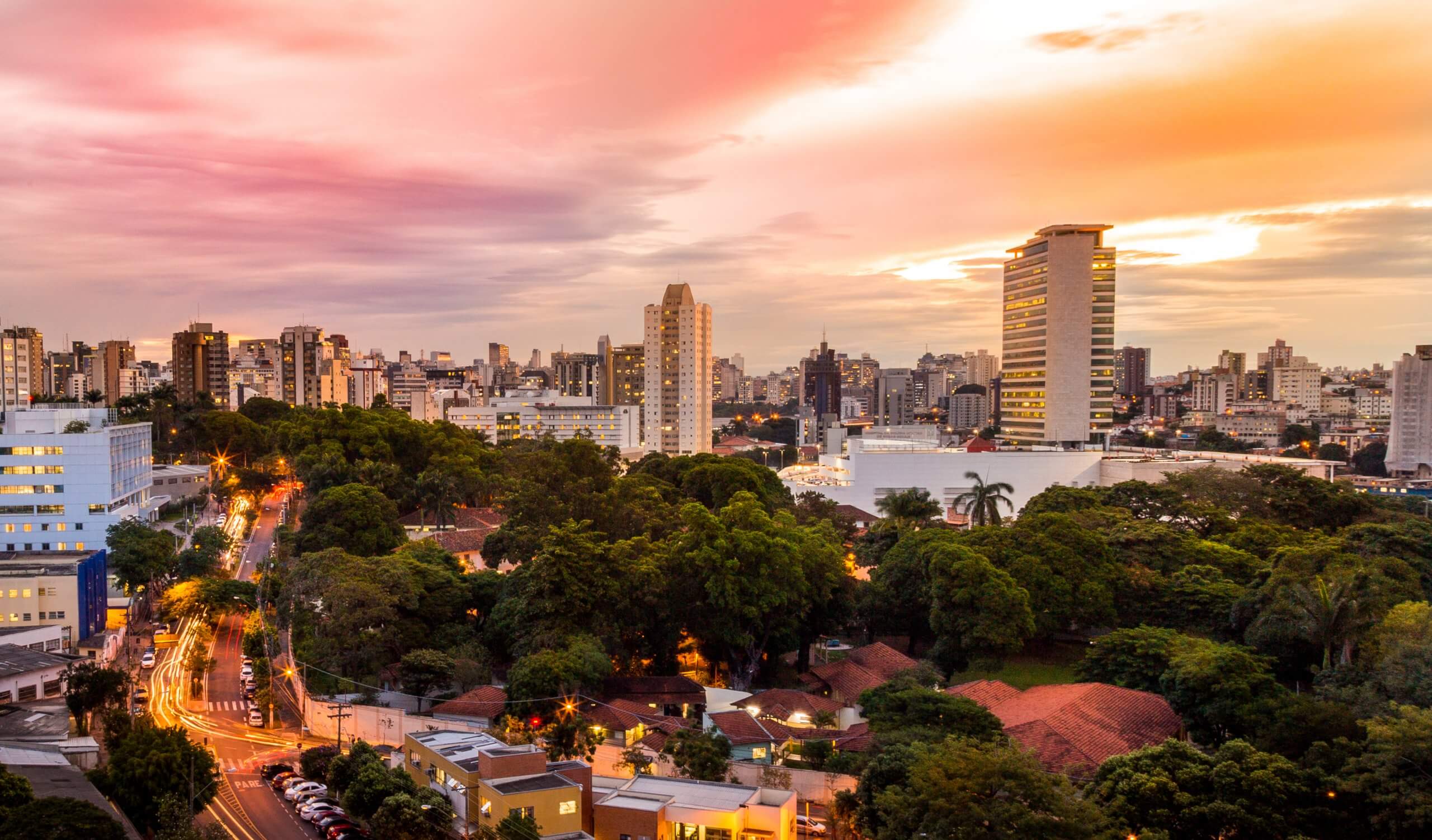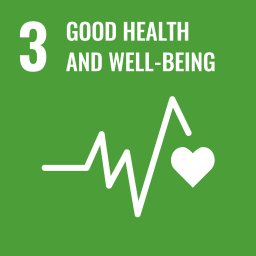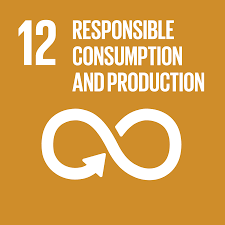The action and its aims
Belo Horizonte’s sub-secretariat for food security and nutrition (SMASAN) is a municipal entity that runs food related programmes across six workstreams: subsidised food sales; food and nutrition assistance; supply and regulation of food markets; support for urban agriculture; food and nutrition education; job and income creation.
Why it was needed
The municipal entity was created in 1993 in order to centralise all food-related activity in the city, including those that were previously run by other departments.
Who initiated it, who is involved
It was created by then-Mayor Patras Ananias, initially as a stand-alone municipal agency that was on a par with other, more usual municipal departments (such as education, planning, etc). Subsequently, in 2011 it became sub-division of the Department of Social Policies. SMASAN is led by a director (appointed by the Mayor) and employs 180 civil servants. Other municipal departments and non-governmental organisations contribute to implementation where appropriate. Currently, SMASAN has three advisory boards, each with different constellations of actors and sectors: COMUSAN (civil society and municipal departments); CAISAN-BH (municipal departments); and FOMASA (food businesses).
Outcome/how it strengthened coordination
By centralising all food activities for the city, SMASAN is credited with the creation of a government-led alternative food system that runs in parallel to the conventional, market-led system. Around 300,000 people – 12% of the population of Belo Horizonte – use SMASAN’s programmes and services each day.




